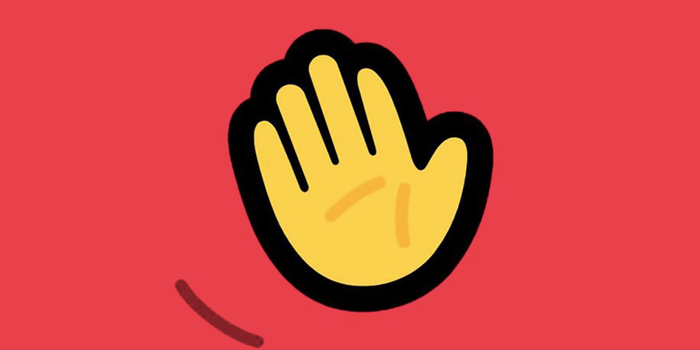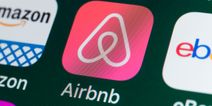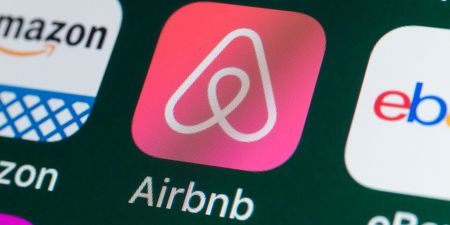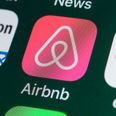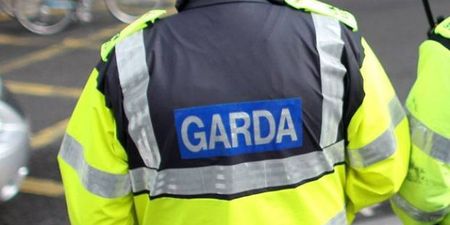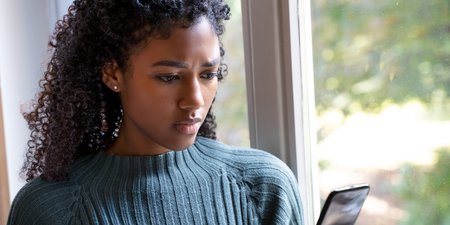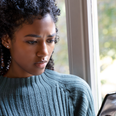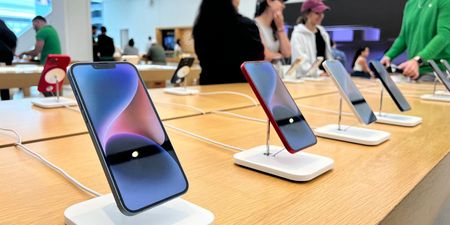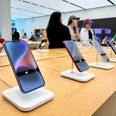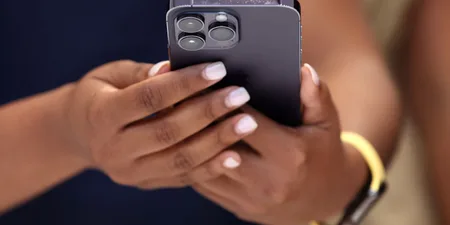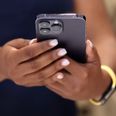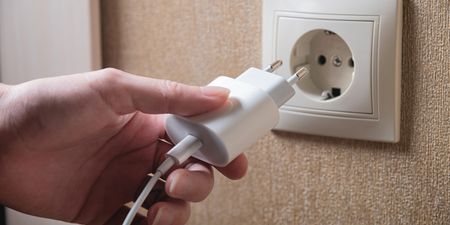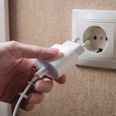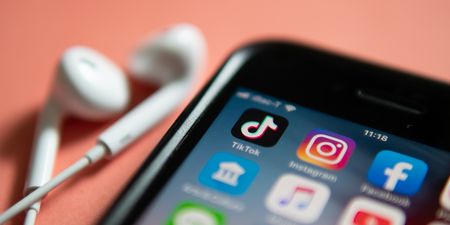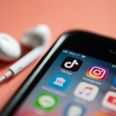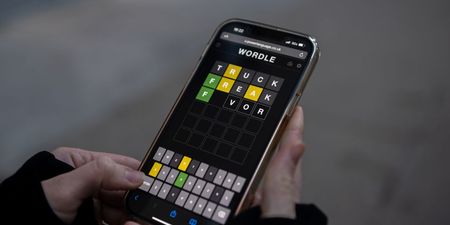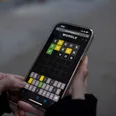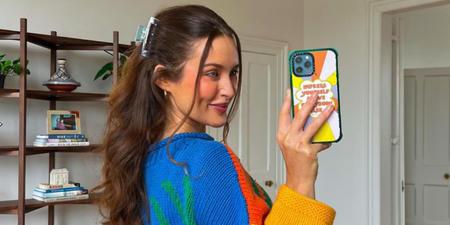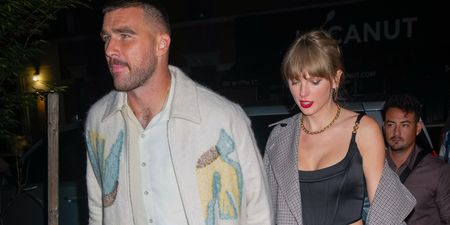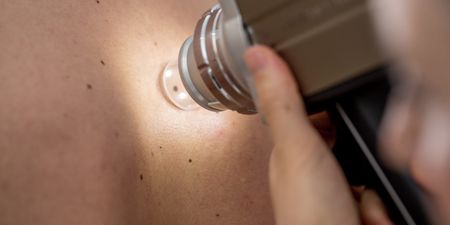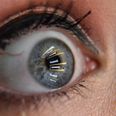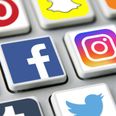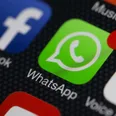If you’re in quarantine, you’re on Houseparty.
Or if you’re not on it, you’ve at least heard of it – and you’ve probably heard about the latest apparent scandal surrounding it.
Just this week, the fun and incredibly time consuming video call app was accused of being compromised, leaving millions of users’ personal information and data apparently vulnerable to hackers.
It wasn’t long before claims of users being locked out of other apps like Spotify, PayPal, and Netflix began to emerge.
Twitter users began to state that their other accounts had been compromised as a direct result of the Houseparty app. They claimed that they had been experiencing suspicious online activity since they had downloaded Houseparty, and urged anybody else who was using the app to delete it.
What was once a social distancing haven that justified having a glass of wine alone in your sitting room on a Tuesday had suddenly turned dark and untrustworthy.
Except it hadn’t. At least not according to them, anyway.
“We are investigating indications that the recent hacking rumors were spread by a paid commercial smear campaign to harm Houseparty,” Houseparty said in a statement via Twitter this week.
“We are offering a $1,000,000 bounty for the first individual to provide proof of such a campaign to [email protected].
“We have spent the past few weeks feeling humbled and grateful that we can be such a large part of bringing people together during such a hard time.”
So, just what the hell is actually going on?
We are investigating indications that the recent hacking rumors were spread by a paid commercial smear campaign to harm Houseparty. We are offering a $1,000,000 bounty for the first individual to provide proof of such a campaign to [email protected].
— Houseparty (@houseparty) March 31, 2020
If the guys over at Houseparty are correct, then it appears as though an online campaign has been set up to directly target the app’s revenue, which has unsurprisingly shot up since the coronavirus outbreak.
Although The Sun reports that Twitter has found no evidence of a coordinated campaign against the app, a quick glance at Houseparty’s account yesterday would have shown swathes of users complaining about being hacked after they had downloaded the app.
Take a look now and it appears as though a lot of the accusatory tweets have since been deleted. Why? We don’t know. By who? Not a clue.
As well as this, there is actually no concrete evidence to suggest that Houseparty had been hacked at all.
According to Forbes, “Cybersecurity experts have already analyzed Houseparty app permissions and usage and found these to be logical, necessary and with no evidence of any shady misuse.
“While no app can be guaranteed 100% secure, that analysis concluded that the few in-app options and settings meant it created fewer ‘scenarios for exploiting security issues.'”
While Houseparty itself has been around for quite some time, the app has been enjoying a surge in downloads across the world due to the coronavirus pandemic.
As of March, it has become the sixth most downloaded free app in the US app store and the most downloaded app in the UK, New Zealand, and Canada. It is also currently nestled at a respectable No.2 on the Irish iTunes chart, just below Zoom and right above the Disney+ app.
Houseparty first launched back in 2016 and while it enjoyed steady popularity among friends in long distance relationships and people who were just, well, bored, it wasn’t until the Covid-19 pandemic restricted the entire world to their homes that the app really took off.
These days, you’d be hard pressed finding a person under the age of 35 who hasn’t played at least one game of Heads Up, Quick Draw, or Chips and Guac (Cards Against Humanity, Houseparty style).
The app’s considerable increase in popularity is no surprise, and it’s this sudden surge in downloads that its creators are convinced is the reason behind this supposed commercial smear campaign.
“All Houseparty accounts are safe,” they said via a statement yesterday. “The service is secure, has never been compromised, and doesn’t collect passwords for other sites.”
And as it stands, they are correct. There is currently no evidence – other than a few tweets – to suggest that Houseparty has been hacked.
As with all apps that ask for your personal data and access to your microphone and camera, a degree of caution is always advised.
But for the time being, it does appear as if we’re safe to continue drawing dodgy pictures of animals for our friends while drinking wine alone in our homes.
Great.
